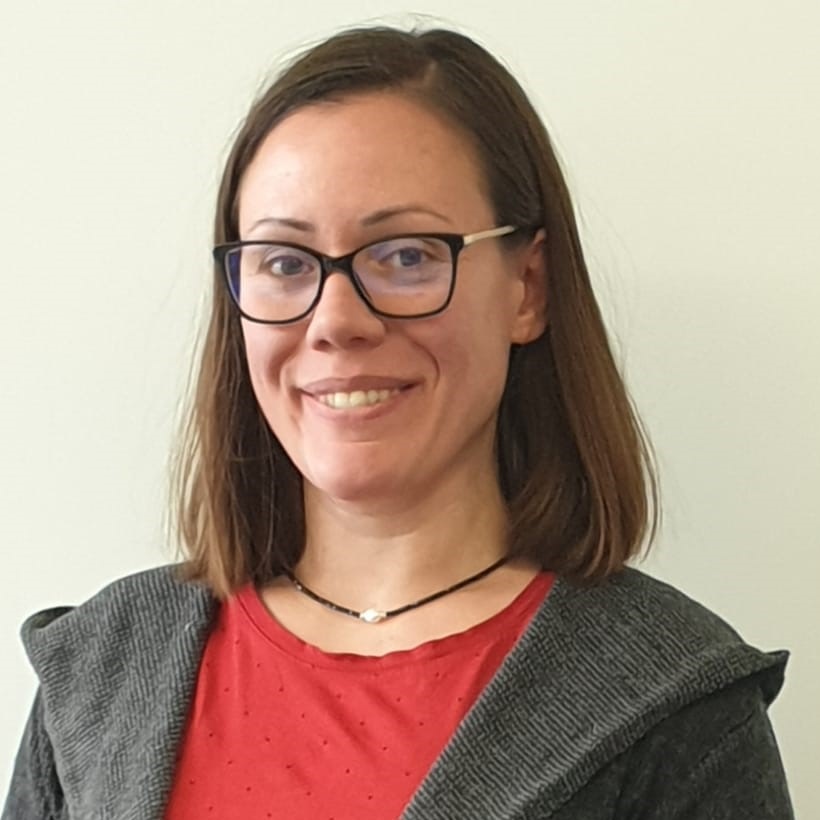The role of non-linguistic cognitive abilities in children’s negation processing
Studies show that children struggle to understand negation up to age five or six, and even for adults, negative sentences are more difficult to process than the corresponding affirmative sentences. We hypothesize that the specific difficulties that children face with negation processing stem from the fact that central cognitive abilities required by negation processing are still under development. In particular, this project aims to shed light on the role of Executive functions (EF) and Theory of mind (ToM) abilities in children’s processing of negation. The project tests the hypothesis that EF abilities are required to manage the activation of two opposing representations that are typically involved in negation processing (the representation of the factual and non-factual states of affairs) and that ToM abilities are a prerequisite for a full understanding of negation including pragmatic reasoning processes related to figuring out speaker intention. Our participants, German-speaking monolingual children aged 3;6 to 6;5 years and adult controls, will be tested in two work packages, one focusing on EF and the other focusing on ToM abilities. We will conduct experiments with a mixture of different paradigms. In addition to a production experiment, where participants construct contexts to negated and affirmative sentences, and a sentence-continuation task, where participants provide information regarding their interpretations of negative sentence fragments, we will focus on negation-related processing difficulties in eye tracking paradigms. In a number of experiments, we specifically target general processing difficulties as indicated by pupil dilation (pupillometry), as well as more specific difficulties related to arriving at a representation of the factual state of affairs when processing negative sentences (visual-world paradigm with picture-matching task). Our results will contribute to a better understanding of the general properties underlying the acquisition and processing of negation in children and adults and help to answer the question of how cognitive procedures interact with negation.
In potential second or third funding periods we will look at adults with less developed ToM capacities and extend our investigations to other syntactic structures (e.g., cleft-sentences). Cleft sentences are of interest because the negative versions (e.g., It was John who did not eat the soup) apparently do not trigger the activation of the non-factual state of affairs. Furthermore, we plan to compare processing of negation to other pragmatic phenomena involving the activation of different alternatives (e.g., focus particles) and we will extend our investigations to language production.
Publications
Capuano, F., & Kaup, B. (2024). Pragmatic reasoning in GPT models: Replication of a subtle negation effect. In Proceedings of the 46th Annual Meeting of the Cognitive Science Society (p. 3953–3959).
Kati, L., Sabinasz, D., Schöner, G., & Kaup, B. (2024). Interaction of polarity and truth value: A neural dynamic architecture of negation processing. In Proceedings of the 46th Annual Meeting of the Cognitive Science Society (p. 1442–1448).
Lago, A., Schulz, P., Rinke, E., Oltrogge, E., Dudschig, C., & Kaup, B. (2025). Insensitivity to truth-value in negated sentences: Does linear distance matter? In Proceedings of the 3rd Experiments in Linguistic Meaning Conference (ELM 3) (p. 214–223). Linguistic Society of America. https://doi.org/10.3765/elm.3.5797
Supervised student research projects
Bronja, A. (2024). Semantic relations and negation processing in children aged 6–8 years (Bachelor thesis). Goethe University.
Steinhäuser, A. (2024). Das Verständnis von deutschen negativen Sätzen in monolingualen und bilingualen Kindern (Scientific Thesis First State Examination, Winter Term 2023/24). Goethe University.
Project Leaders

Prof. Angela Grimm
Dep. of Psycholinguistics and the Didactics of German, GU Frankfurt

Prof. Barbara Kaup
Dep. of Psychology, University of Tübingen

Dr. Yvonne Portele
Department of Linguistics, GU Frankfurt
Student Assistants
Emma Lehmann
Juno Vasiliu

